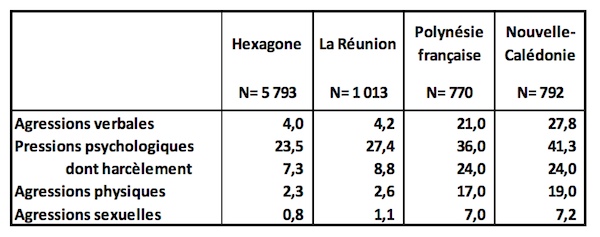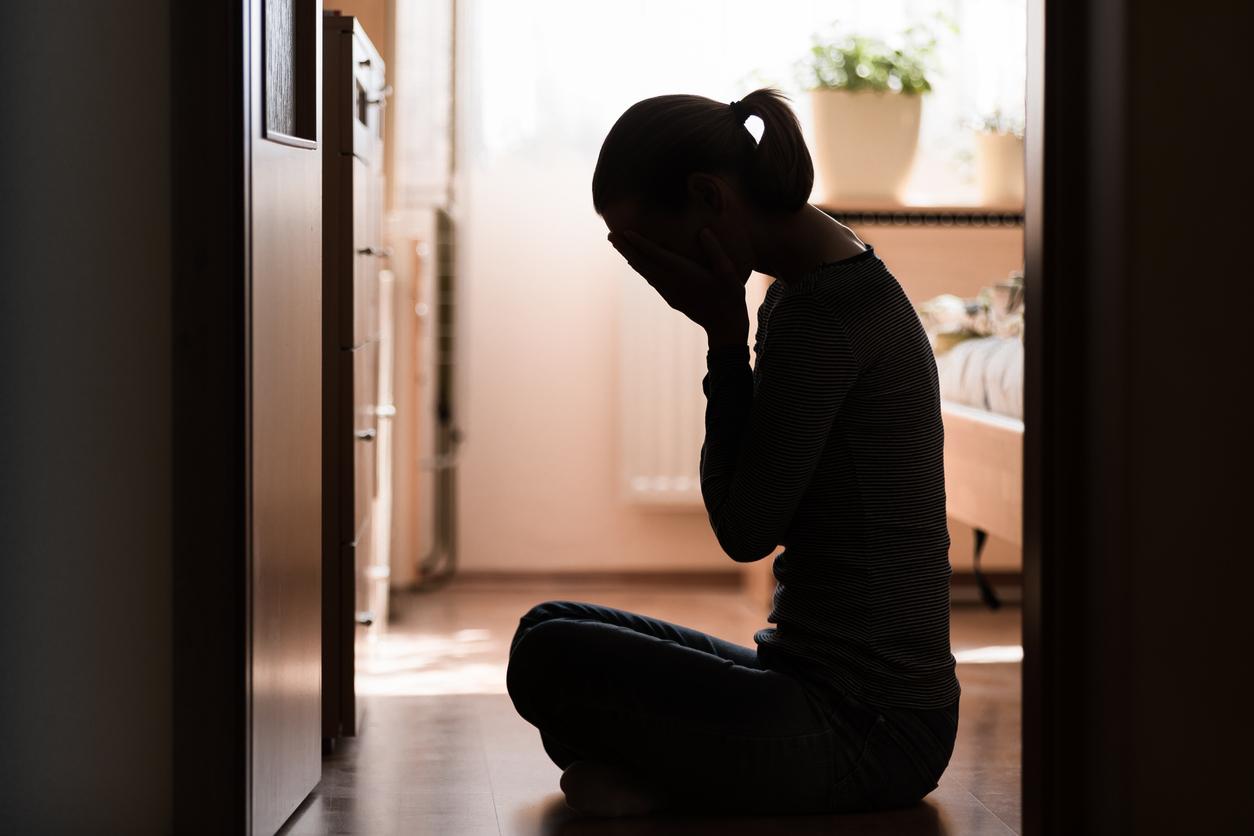Eight of the eleven overseas territories have more domestic violence than in France.

The fight against violence against women is struggling in France. The Overseas Territories are no exception, quite the contrary. 1.4 million citizens live in an ultra-marine territory. More than their compatriots in metropolitan France, they are exposed to violence within the couple and the family. Without the appropriate solutions being deployed. Seized about it, the Economic, Social and Environmental Council (CESE) believes that catching up is necessary.
Numerous violence
The level of violence against women is comparable between France and Reunion Island. This department is an exception. In French Polynesia and New Caledonia, incidents of brutality are 7 to 8 times more numerous than in mainland France. The profile may vary depending on the area. In Martinique and Guadeloupe, for example, physical and sexual violence are as frequent as on the Old Continent. But men suffer more psychological damage.

Proportion of women victims of domestic violence during the last 12 months in different studies (Source: CESE)
The count is simple: 8 of the 11 overseas territories count more voluntary violence within the family sphere than the metropolis. At the head, the small island of Saint-Martin, located north of Guadeloupe and east of Puerto Rico. There are also legal problems: arranged marriages still take place in certain localities, and the notion of marital rape is not always legally recognized.
The established observation, remains to be found how to restore the balance between the DOM-TOM and the metropolis. This is precisely the subject of the EESC’s opinion, delivered on 29 March. Because if violence is more numerous in these territories, the possibilities of getting out of it are much less developed for the women who are victims of it. Result: while twice as much domestic violence is reported in Guyana, only 10% of victims file a complaint.
A larger budget
The rapporteurs of this opinion, Ernestine Ronai and Dominique Rivière, therefore consider it necessary to launch studies and observatories, in order to know precisely the situation and to develop appropriate solutions. As such, the installation of the “Grave danger” telephone is strongly recommended, as is the creation of listening places – including within police stations.
Better coordinate the players, concludes the EESC opinion. This involves raising public awareness, training professionals, and taking more account of psycho-trauma. But the heart of the problem remains the exit route, which must become more coherent. “What seems to us to be glaringly lacking are the means of securing, the places of accommodation, and the exit from emergency accommodation to permanent accommodation,” explains Ernestine Ronai. These recommendations will only come into force on one condition, according to the ESEC: no more resources allocated to the women’s rights budget.
.















